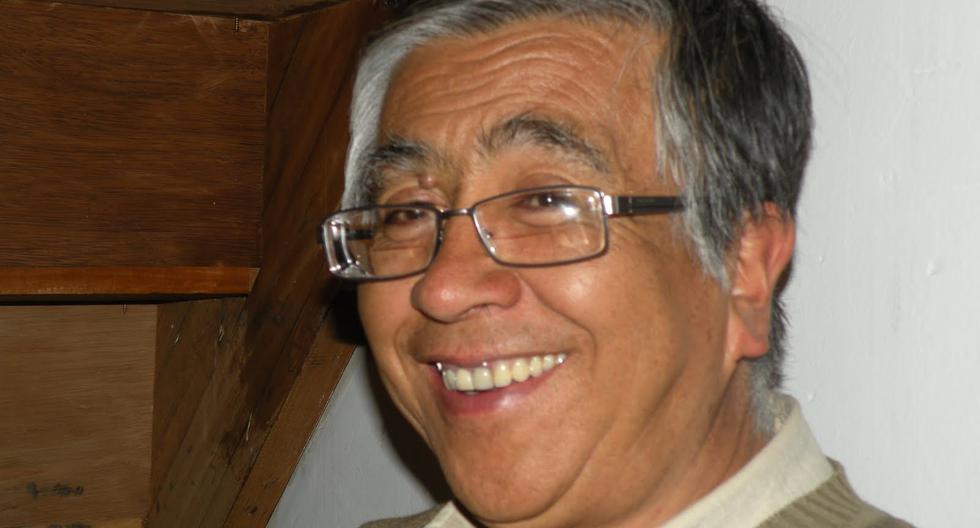Andean literature in the Mantaro Valley had in Edgardo Rivera Martínez a verve and poetics of unquestionable originality. His death made us check the shelves to remember that the literature of the center of the country has other larger pages, the Nicholas Matayoshi (Huancayo, 1949), among these. Last year, the author published “Paisajes interiores” (EB. Editorial) a book of stories where the voice of the Andean man sounds like rain on the field, violence, tradition and a past that links him to his homeland in a relationship of palpable and dramatic belonging.
THE WORK. The book is made up of an introduction and nine stories, seven of which take place in fields, in towns, between ravines and adobe houses. «Songs of fire and ashes», for example, is one and many voices at the same time: it is the pain of the characters placed in the middle of the fray during political violence. It is not the classic story, the narrator disappears, at times, to show the shock, the barbarity in the complaint of the victims.
LOOK AT THIS: Loneliness and memory, criticism of the novel “The place of memory” by Luis Eduardo García
There is an intention to reinvent the storytellers. Constantly changing registers. “Cristino” is a proletarian child who writes to his godmother telling her about his hard work; “Makullanta” unfolds between a researcher’s blog and the voice of the man he interviews. Matayoshi is a goldsmith with the treatment of language, the functionality of the ideolect is at the service of the sensitivity of beings and his spaces.
“El sol negro de Casimiro López” foregrounds the Andean ritual, black witchcraft; however, most of these stories err on the side of an end without enthusiasm, disappointing in some cases, left to the causality of the story.
“Cinderella”, a name that makes a transtextual nod to the tale of Charles Perrault, accompanies a young woman who knits her dress to attend a wedding. At her party, her gaze will only meet that of a blind man as lonely as her. There is disappointment, grayness and melancholy in Matayoshi’s stories. Her characters are men and women who have gone through destinies without history but that we know are tragic. «Recuento», perhaps one of the best of the set, narrates the passage of a spirit through the places where he was and walked in his life: Andean traditions such as the “sauca” appear there; or washing clothes for the deceased and the belief of leaving flour at the door of the house so that the footprints of the soul that will return remain there.
YOU LOOK AT THIS: The return of Catalina Huanca, criticism of the novel “A place under the sun” by Alberto Chavarría Muñoz
DROP. Two titles are out of place in this miscellany: «The three faces of Seikuma Kitsutani» and «Gabriela». The language infused with adjectives and metaphors that are gratuitous before the whole and mean a break even in the rhythm that the book reaches towards the middle resonate in these. To this must be added the lack of care in editing all the pages of the book. If the author intended, as he points out in his introduction, to gather his double origin (Japanese and Peruvian) through the stories that he collected in his life, he does not achieve such an objective. The Andean ends up subsuming the Japanese glimpse.
Matayoshi’s stories tell us about a curdled author, sure of his resources and proposals, in addition, owner of a powerful voice as he has shown in previous publications. The irregularity of this book does not affect its authorship, but it does speak of the need for a better selection of his narrative.

















